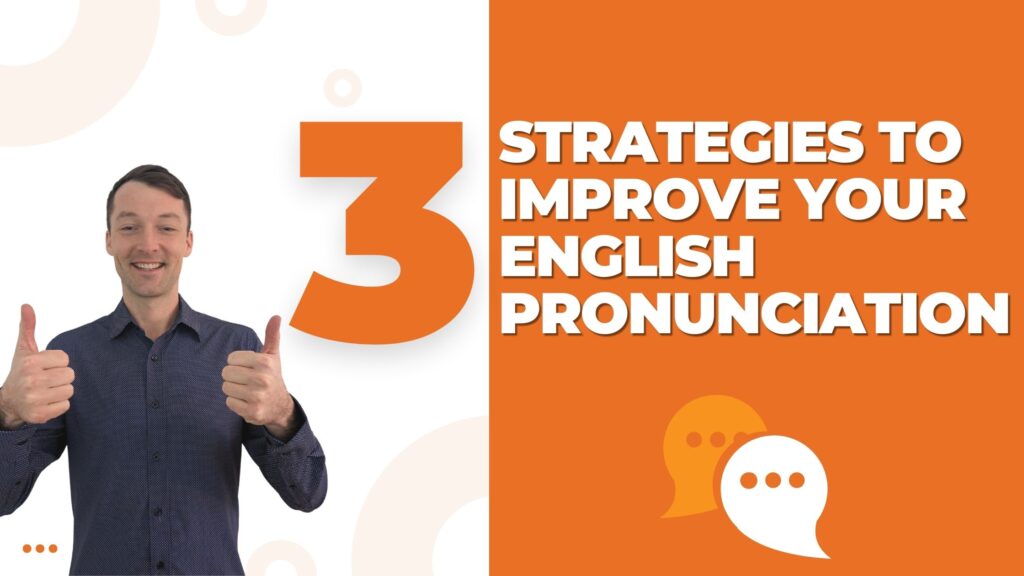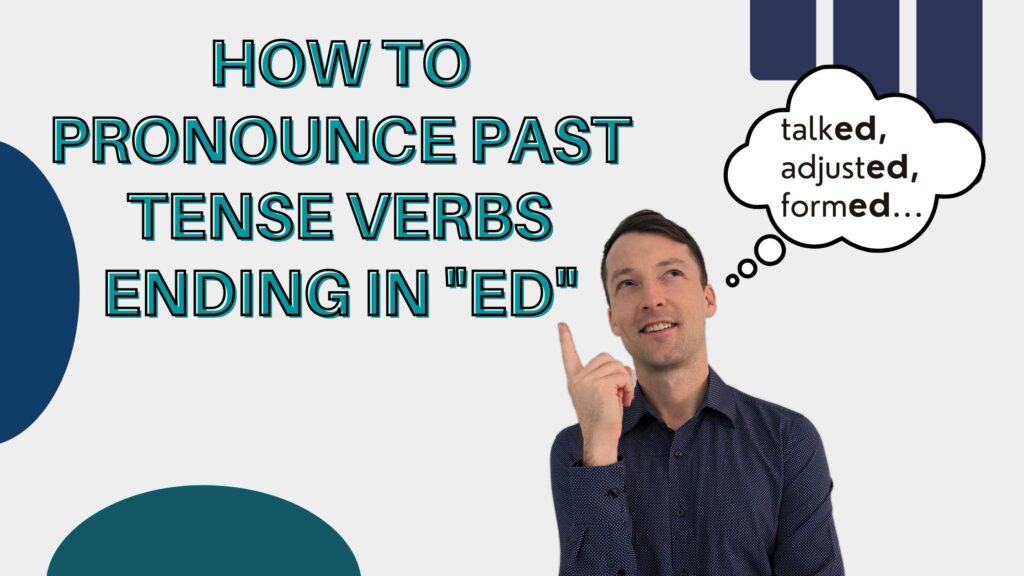Tag questions are mini-questions that follow a short, simple statement. They turn the statement into a question. We use tag questions when we think we already know the answer. We think the other person agrees with us, however, we want to check just to make sure. For example, ” It’s hot,” is a statement. “It’s hot, isn’t it?” is tag question. I want to make sure that you agree that it’s hot. In this posting, I talk about how to form and use tag questions. There will be many example sentences. The download will give you more practice using them.
Subscribe to our YouTube Channel to see all of our lessons and get the latest videos right away!
What are tag questions?
Tag questions are mini-questions added to a statement. It helps confirm that you and I agree. If you don’t agree, however, you need to tell me. Tag questions are used in informal speaking and writing. They can be used in many tenses: simple present, present continuous, simple past, present perfect, and simple future. With an affirmative tag, you voice intonation goes up. With a negative, tag it goes down.
Tag questions with an affirmative statement and the be verb
When statements are affirmative, the tag questions are negative. The be verb is used in both the statement and the tag. Here are some examples.
- You’re happy today, aren’t you?
Yes, I am. No, I’m not.
- He was sick yesterday, wasn’t he?
Yes, he was. No, he wasn’t.
- You‘ll be in Chicago next year, won’t you?
Yes, I will. No, actually I won’t.
- I’m in the right place, aren’t I?
Note, this is an exception. Yes, you are. No, you’re not.
Tag questions with a negative statement and the be verb
If statements are negative, the tag questions are affirmative. Again, the be verb is used in both the statement and the tag question. Here are some examples.
- You‘re not happy, are you?
No, I’m not. Yes, I really am.
- He wasn’t sick yesterday, was he?
No, he wasn’t. Actually he was.
- You won’t be in Chicago next year, will you?
No, I won’t. Yes, I will
- I‘m not in the right place, am I?
Note, when the tag is affirmative, there is no exception. No, you’re not. Yes, actually you are.
Tag questions with all other verbs
Tag questions with all other verbs (except some modals) follow the same rules as those with the be verb. If the statement is affirmative, the tag is negative. If the statement is negative, the tag is affirmative. However, the verb in the tag is not the same as the verb in the statement.We use the do verb in the tag. Here are some examples in different tenses.
- Simple present:
- Present continuous:
- Simple past:
- Present perfect:
- Simple future with e going to:
- Simple future with will:
Tag questions with modal verbs
Tag questions with modal verbs follow the same rules as other tag questions. If the statement is affirmative, the tag is negative. If the statement is negative, the tag is affirmative. There is one important difference, however. The verb in the tag uses the same modal verb as the one is the statement. Here are some example sentences.
- We should study, shouldn’t we?
- We shouldn’t stay up late, should we?
Yes, we should. No, we shouldn’t.
- You could drive last year, couldn’t you?
- You couldn’t drive last year, could you?
Yes, I could. No, I couldn’t.
- You would help a sick friend, wouldn’t you?
- You wouldn’t help a robber, would you?
Yes, I would. No, I wouldn’t.
- We have to work today, don’t we?
- We don’t have to work today, do we?
Note, this is an exception. Have to requires the do verb in the tag. Yes, we do, No, we don’t.
Tag questions with this, that, these, those, and there
Tag questions with some special words have some special rules. As always, if the statement is affirmative is affirmative, the tag is negative. If the statement is negative, the tag is affirmative. With the words this, that, these and those, we use the third person singular or plural pronouns in the tag. Here are some example sentences.
- This or that with be verb:
- This or that with all other verbs:
- These or those with the be verb:
- These or those with all other verbs:
- There is, there are:With these words, we use the word there in the tag.
Tag questions with the imperative
Sometimes we use tag questions with imperative to be very polite or for emphasis. These are not really questions and do not require and answer? Here are some examples.
- Politeness:
- Emphasis,and a little bit less polite:
- Emphasis and anger:
You now know many things about tag questions. You know that a tag question is a mini-question that turns a statement into a question. If the statement is affirmative, the tag is negative, and if the statement is negative, the tag is affirmative. Tag questions help us check to see if we agree with each other. We ask a tag question when we think we already know the answer, but we just want to check. Tag questions with be verb or modal verbs in the statement repeat the be or modal verb in the tag. All other verbs use do in the tag. Tag questions can be used in almost any tense. The download will give you more practice using tag questions.
Idioms of the day
- no picnic
— This means that something is not easy. Working full time and going to school is no picnic!
- blue in the face
— This means to work hard and do your very best, and still not get good results. I argued with him till I was blue in the face, and still didn’t change his mind.




